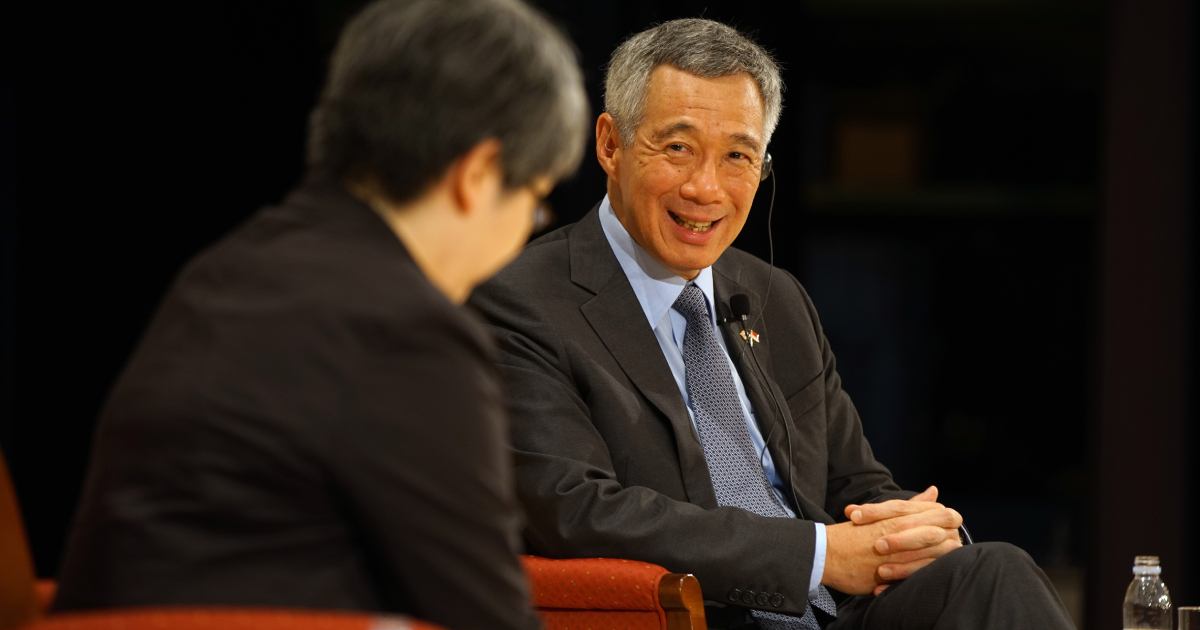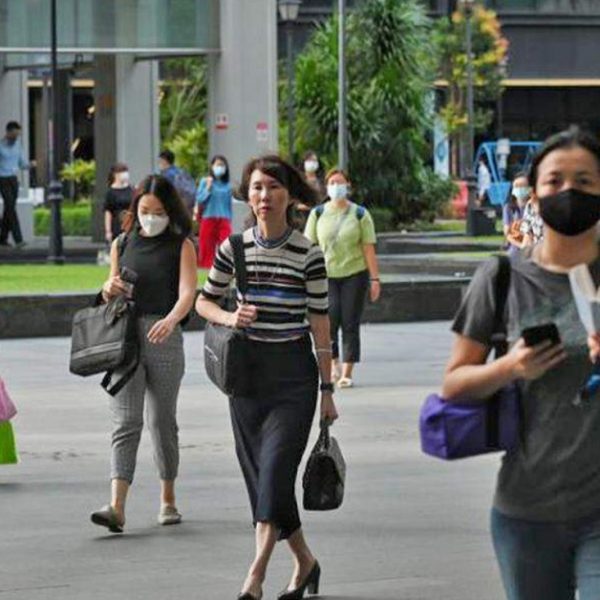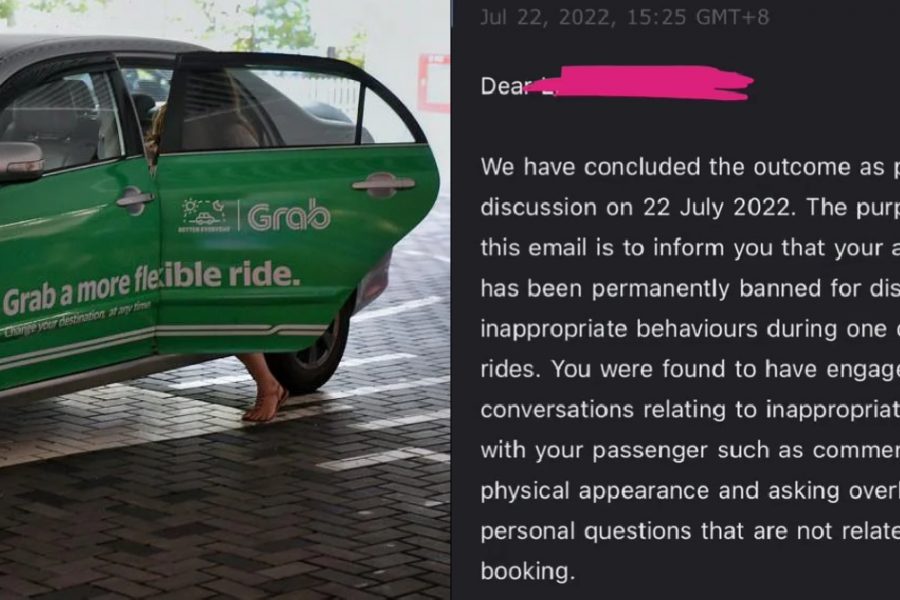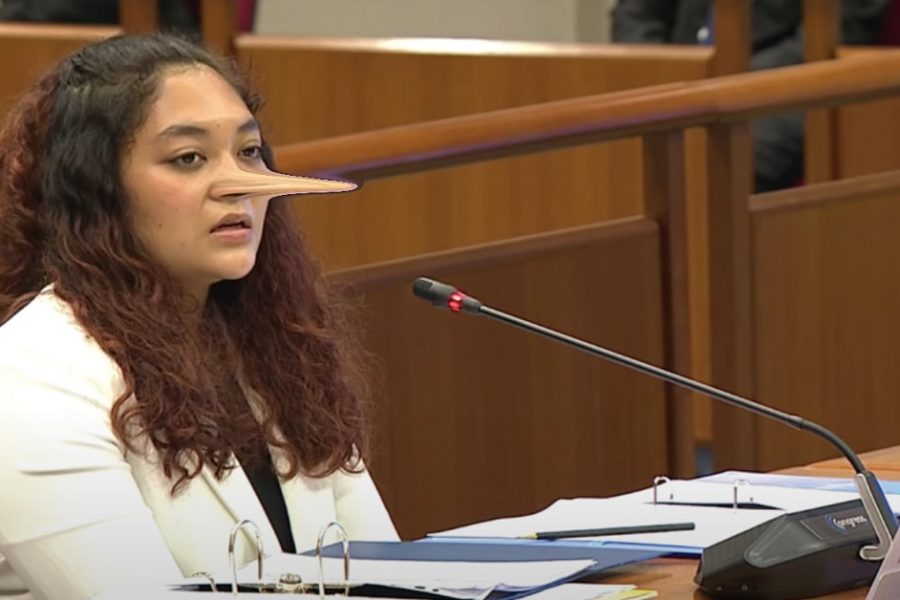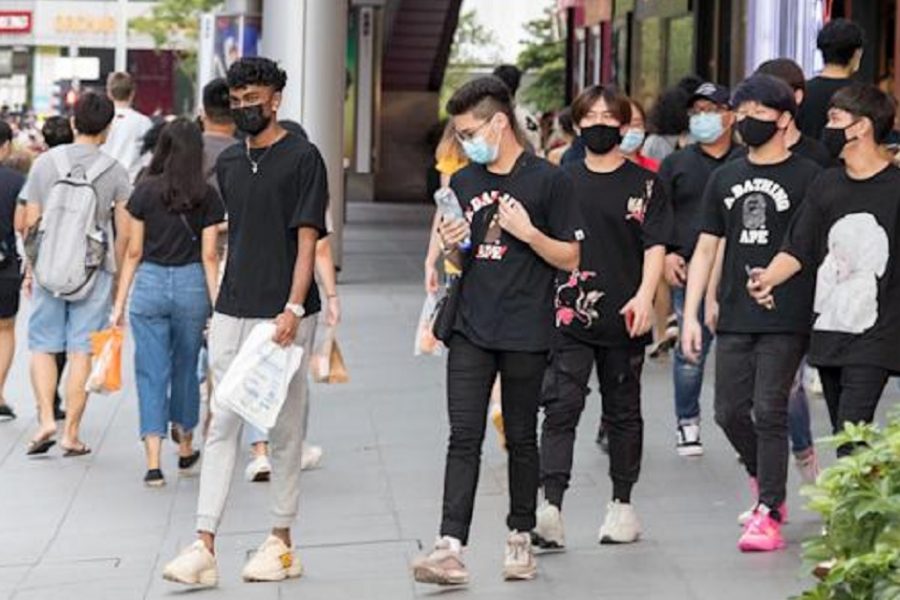It is well known that during his lifetime, Lee Kuan Yew was seen as an esteemed elder statesman in international politics. He was never short on providing candid and incisive perspectives to any interviewer or audience that sought his opinions on geopolitical matters.
It seems that his son, current prime minister Lee Hsien Loong is trying to emulate his father’s footsteps, though with much more mixed results.
At a recent international conference held in Japan, PM Lee opined that US treaty allies South Korea and Japan should be cautious with their domestic societal and political discussions on allowing the basing of US nuclear weapons on their territories, or possibly even going further in developing their own indigenous nuclear weapons systems for their national defence purpose.
In his comments, PM Lee worried that regional security in Asia would be negatively impacted by countries looking out for their own security interests first, and subsequent pursuits of military capabilities might precipitate a regional arms race.
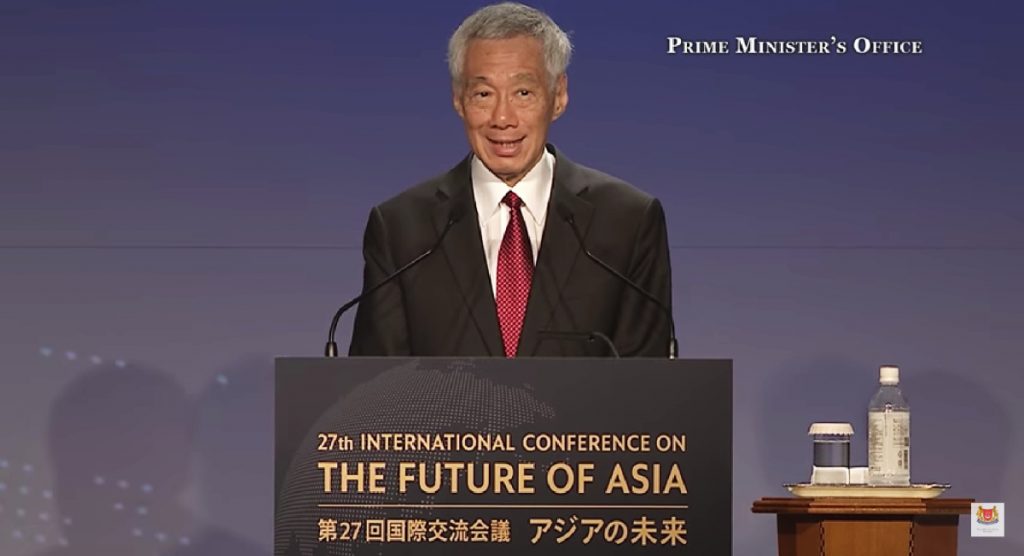
Lived Realities Trump Outsider Perspectives
Reading about PM Lee’s comments on the evolution of defence and security interests in North East Asia as described, one wonders how much of Singapore’s own defence history does Lee Jr actually know and understand.
Surely as the leader of Singapore and the son of its founding prime minister, Lee Jr should know better than any other national leader just how important territorial defence capabilities are in securing a country’s national interests and sovereignty in international politics.
Talks of advancing and pursuing further military capabilities by South Korea and Japan are nothing new; both countries are major US allies and hence aligned with US defence postures of having power projection abilities with advanced offensive weaponry, and the ongoing Russo-Ukrainian War has given new impetus to the concerns of both countries about potential Chinese territorial conflicts with them, or copycat military adventurism in North East Asia to invade and reconquer Taiwan back into Mainland Chinese control.
To talk of how potential choices by South Korea and Japan to allow for US nuclear weapons basing on their territories or even pursuing nuclear weapons themselves might trigger an arms race in North East Asia and the greater Asian region as a whole is to ignore entirely the reality on the ground.
“Si Vis Pacem, Para Bellum.”
The reality is that South Korea and Japan already face clear and present dangers to their national sovereignties and interests by their neighbouring countries, North Korea and China respectively. Both North Korea and China have not in recent years been acting with overt defensive-minded restraint in their public displays of military power and pursuit of offensive capabilities.
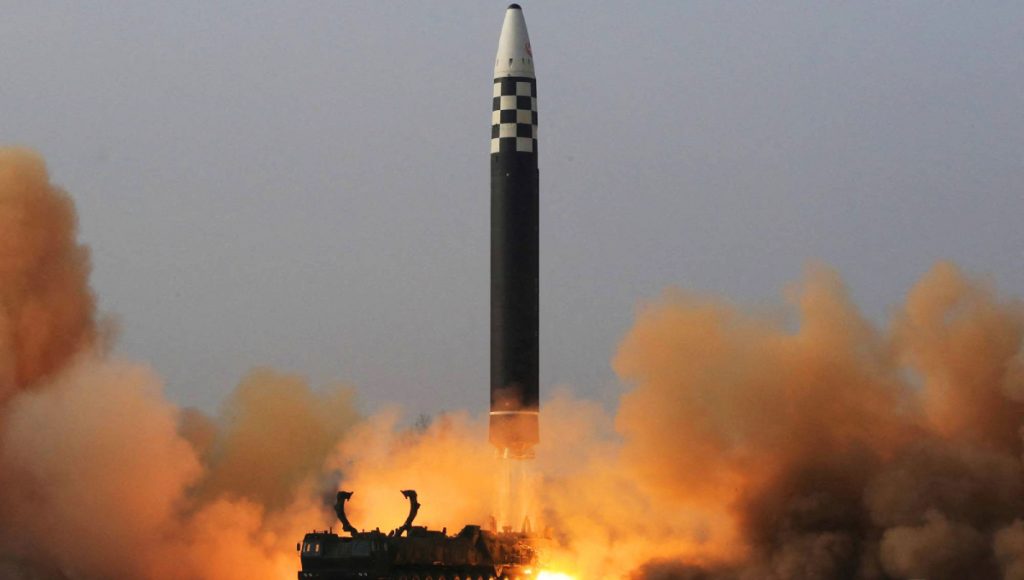
North Korea regularly conducts aggressive missile tests specifically aimed as a threat to South Korea alongside its insistence of pursuing and refining its already-established nuclear weapons capability, and China has regularly been conducting aggressive military exercises, aerial overflights with nuclear-capable bombers, and openly pursuing advanced hypersonic and nuclear missile technologies that pose a threat to both South Korea and Japan as first-line US allies in North East Asia, just as much as to the US itself.
Ukraine: A Case Study of Why Nukes Are Necessary?
The Russo-Ukrainian War has not only fuelled a resurgent interest in countries worldwide on buttressing their territorial defence capabilities, but also provided the strongest case study for why possessing nuclear weapons makes for a very compelling tool in a country’s defence capability.
Ukraine used to possess ex-Soviet nuclear weapons after the collapse of the USSR in 1991. However, as part of a “grand bargain” deal struck between the US, UK, Russia and three ex-Soviet republics (Ukraine, Belarus, Kazakhstan) in Budapest, in 1994 Ukraine voluntarily gave up its nuclear weapons and returned them to Russia in exchange for security “guarantees” from the other three nuclear great powers to not threaten, use military force, or economically coerce the ex-Soviet republics for their own national interests.
This “Budapest Memorandum” failed to stop Russia in subsequent decades from subsuming two of the three signatory ex-Soviet republics (Belarus, Kazakhstan) into its sphere of influence, and was ultimately violated and destroyed by Russia’s invasion of Ukraine in February 2022.
It is thus a very powerful and emotive argument that being a nuclear power goes a long way in securing a country’s national interests and defending against potential aggressors who have to now consider nuclear retaliation in their offensive calculations against such countries.
It is highly debatable if Russia would have invaded Ukraine in 2022 had it continued to possess nuclear weapons of its own capable of devastating Russian cities.
Pot Calling the Kettle Black…
Finally, it is interesting how PM Lee talks about fears of a new, potentially nuclear arms race in North East Asia should South Korea and Japan increase their efforts at enhancing their militaries’ offensive capabilities to potentially include nuclear weaponry, when he is the leader of a country which has not been shy nor secretive with being the first in buying or developing advanced military assets and capabilities for its own national defence against regional countries far less aggressive and volatile than China and North Korea.
If one looks at the qualitative evolution and growth of South East Asian militaries over the past decades, it is abundantly clear that much of the impetus for modernisation and purchasing of increasingly advanced and deadly weaponry by ASEAN countries have been driven by Singapore’s own pursuit of such capabilities for its own defence interests.
Singapore was the first country in South East Asia to possess tanks back in 1969, owns the single largest and most Westernised air force of all ASEAN countries (with at least 100 US-made fighter jets), and the first to introduce advanced attack helicopters to the region (US-made Apache Longbows were purchased in 1999; Singapore owns 20 of them).
Singapore’s pursuit of armored warfare capabilities with modern tanks created an armor arms race between itself and its neighbours.
Malaysia’s purchasing of its first modern main battle tanks from Poland in 2010 (having never owned tanks beforehand), and the decision by Indonesia, the world’s largest archipelago country to purchase German Leopard 2 main battle tanks back in 2012, were both arguably tied directly to Singapore’s own purchase of the same Leopard 2 tanks back in 2006.
PM Lee was already prime minister of Singapore for 3 years then; he is clearly comfortable with arms races as long as it’s his country starting it and staying on top of possible competitors.
Get Your Own House in Order, PM Lee.
A famous Latin adage states that “if you seek peace, prepare for war”. PM Lee’s comments about arms race fears in North East Asia from South Korea and Japan seeking military parity against their nuclear-armed and aggressive neighbours arguably came from a desire to look neutral to China and the US, and hopes that Asian nonalignment can still be achieved as relations worsen between the two superpowers.
However, his comments come off as high-handed preaching about security issues and interests he and Singapore have no direct stake in, nor direct experience of.
Nuclear proliferation into South Korea or Japan would be about redressing the military imbalance in North East Asia more than starting a new arms race. It’s easy for PM Lee to fret about potential arms races and conflicts breaking out when it’s not Singapore’s survival being directly threatened.
Given the litany of domestic bread and butter issues that need resolving in Singapore, such spouting of unsolicited holier-than-thou geopolitical “statesmanship” wisdoms to other countries in his attempts to look like his father on the world stage just makes PM Lee and Singapore look bad.
Let each country make their own decisions on their own affairs; it’s not as if Singapore does not have enough to deal with domestically.
